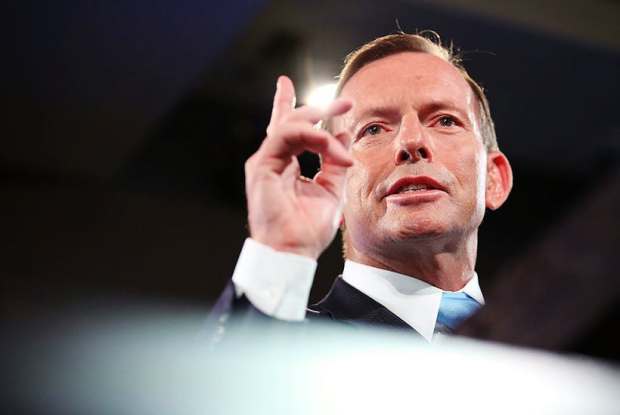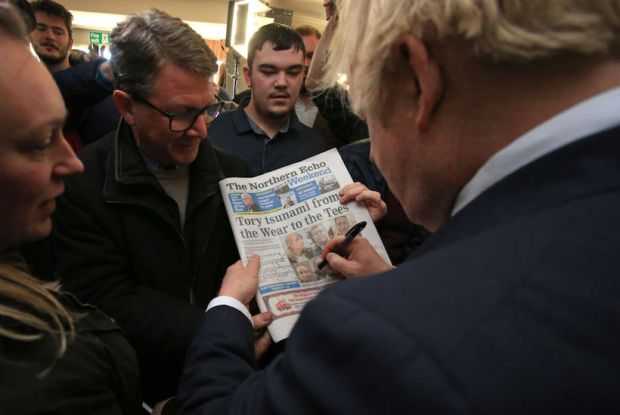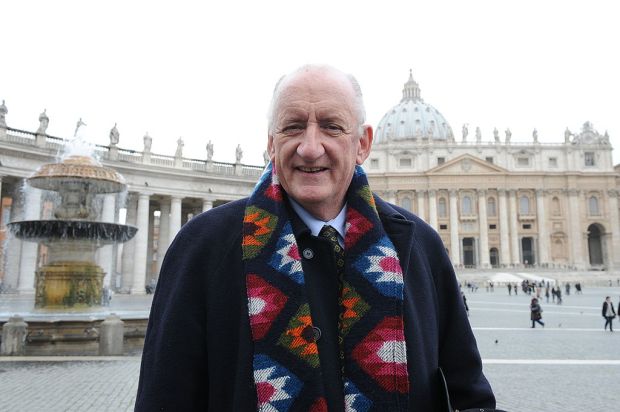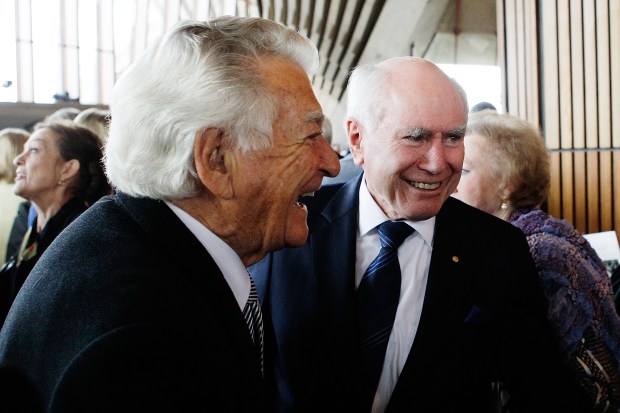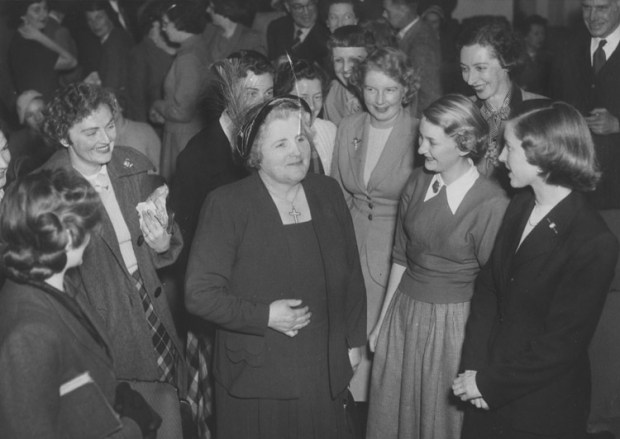Detecting a sea-change in the taste of American movie-goers in the mid-1990s, the 1996 Presidential hopeful, Bob Dole, remarked that, ‘Americans are choosing the good over the grotesque; excellence over-exploitation; quiet virtue over gratuitous violence; and character over pointless cruelty.’
One of the films Dole had in mind included the comedy-drama Blockbuster, Forrest Gump, which celebrates its 30th Anniversary this July.
Released in the United States on 6 July 1994, Forrest Gump captured the hearts of millions with its fictional yet epic tale of a boy from the American South who overcame his childhood handicaps to accomplish great feats whilst pursuing his true love, Jenny.
Heart-warming, romantic, funny, quirky, occasionally cringe-worthy, and sentimental to the last teardrop, this modern classic won six Oscars, produced a platinum-selling soundtrack, and even inspired a global restaurant chain.
Directed by Robert Zemeckis and written by Eric Roth, Forrest Gump was an adaptation of the 1986 novel of the same name by Winston Groom. The movie essentially kept the same protagonist, but in contrast to the somewhat crude and rough Forrest Gump of Groom’s novel, Zemeckis’s lead character is sweet, kind-hearted, and philosophical. Long after growing into a man, he never loses his childlike optimism.
In an age where one blockbuster release is readily forgotten after the next, there are many reasons for the enduring popularity of Forrest Gump. Whether it’s the brilliant acting of Tom Hanks as Forrest, Robin Wright as Jenny, and Sally Field as Mrs Gump; its endearing combination of laughter with tears, or its intertwining of light-heartedness with profound meaning, the movie’s success has many fathers.
Yet returning to the remarks of Dole, surely the one feature of Forrest Gump to celebrate is its appeal to personal character and virtue. When all too many movies glorify violence, greed, sexual conquest, selfish ambition, or power for its own sake, this modern classic does much to esteem the good, the true, and the beautiful.
Its protagonist and hero championed the values of aspiration, faith, moral integrity, chivalry, family, patriotism, free enterprise, civilised capitalism, philanthropy, individual empowerment, human dignity and racial tolerance.
Though born in the immediate shadow of the second world war, Forrest represented a living embodiment of ‘The Greatest Generation’, living out their traditional values in a world that would largely spurn these in the decades to come.
Raised by a single mother in rural Alabama, young Gump exemplified the spirit of aspiration critical to the success of nations such as the United States and Australia. Spurred on by the steely resolve of his Mama, ‘Mrs Gump’, Forrest refused to be constrained by his childhood disabilities. The breaking free from his leg braces is a glorious moment from which he unleashed his potential to ‘aim for the stars’.
Whilst Forrest Gump is not deeply theological, its protagonist was evidently a person of faith guided by a sense of providence. Although Forrest’s ‘innocence’ never exempted him from human imperfection, with his possessiveness and violent outbursts, his character was evidently moulded by an inner faith. From saving the life of Lieutenant Dan to never forsaking his true love Jenny, the Christian impulses of self-sacrifice and grace were never far beneath the surface.
Indeed, Gump’s ethics stood as a stark counterpoint to the sexual revolution that swept the West from the 1960s. Like a giant boulder amid the raging rapids, his relationships stood rock solid. From his filial piety to his Mama, to the faithful pursuit of his childhood sweetheart whom he desired to marry, and then the fathering of his son, Forrest Junior, Gump practised family values. In a powerful nod to fatherhood, he was the loving father he never had.
Gump personified the quality of patriotism in fighting valiantly for his country in the Vietnam War. As unpopular as this war would become with its flawed strategy and brutal casualties, there is no denying that its servicemen felt impelled by a just cause to defend freedom from communist oppression.
After Vietnam, Forrest founded the Bubba Gump Shrimp Company to honour the promise he made to his friend and fallen comrade, ‘Bubba’. Gump’s entrepreneurialism embodied the spirit of free enterprise that has driven the prosperity of the West and lifted millions out of poverty in the developing world.
Yet as lucrative as Gump’s shrimping business proved to be, the film showed that its chief end was never about the amassing of personal wealth but the enrichment of others. In the tradition of altruistic capitalism typified by the likes of J D Rockefeller, Gump donated the bulk of his proceeds to charities such as his local church and hospital.
Borne of his own childhood experience, Gump believed in individual empowerment as he gainfully employed Lieutenant Dan on his shrimp boat, despite his confinement to a wheelchair. This sent the powerful message that people living with a disability possess innate dignity, purpose and the potential to contribute.
Forrest’s views on race were also enlightened and ‘colour-blind’, especially in a State emerging from segregation. On befriending ‘Bubba’ in the bus to the army camp, it was his friendliness and not his skin colour that mattered.
To some of the film’s critics, many of Gump’s old-world values should be dismissed simply as relics from the Alabama of his boyhood in the 1950s. To do so, however, would be to deny their perennial quality and formative role they have played, and continue to play, in the civilisation of individuals and flowering of societies.
As such, Forrest Gump is far more than a paean to the traditional culture of the American South, it speaks powerfully to the universal and timeless human values of good character, decency, resilience and unconditional love.
With the West increasingly becoming a civilisation adrift from its defining ideals, films like Zemeckis’s epic are now more needed than ever. If Hollywood is like a box of chocolates, then Forrest Gump must surely be one of its favourites. After thirty years, its flavour deserves to be re-savoured.



